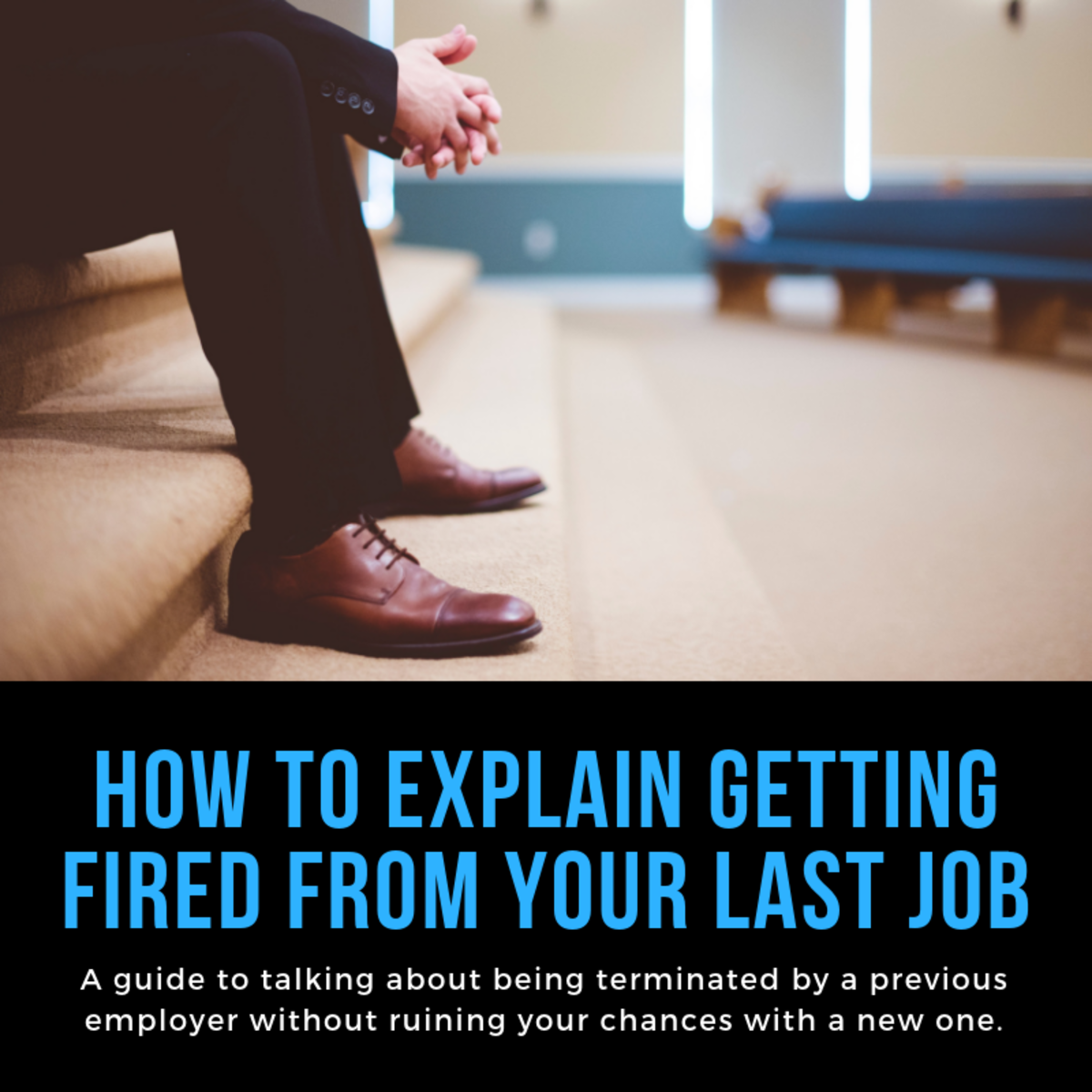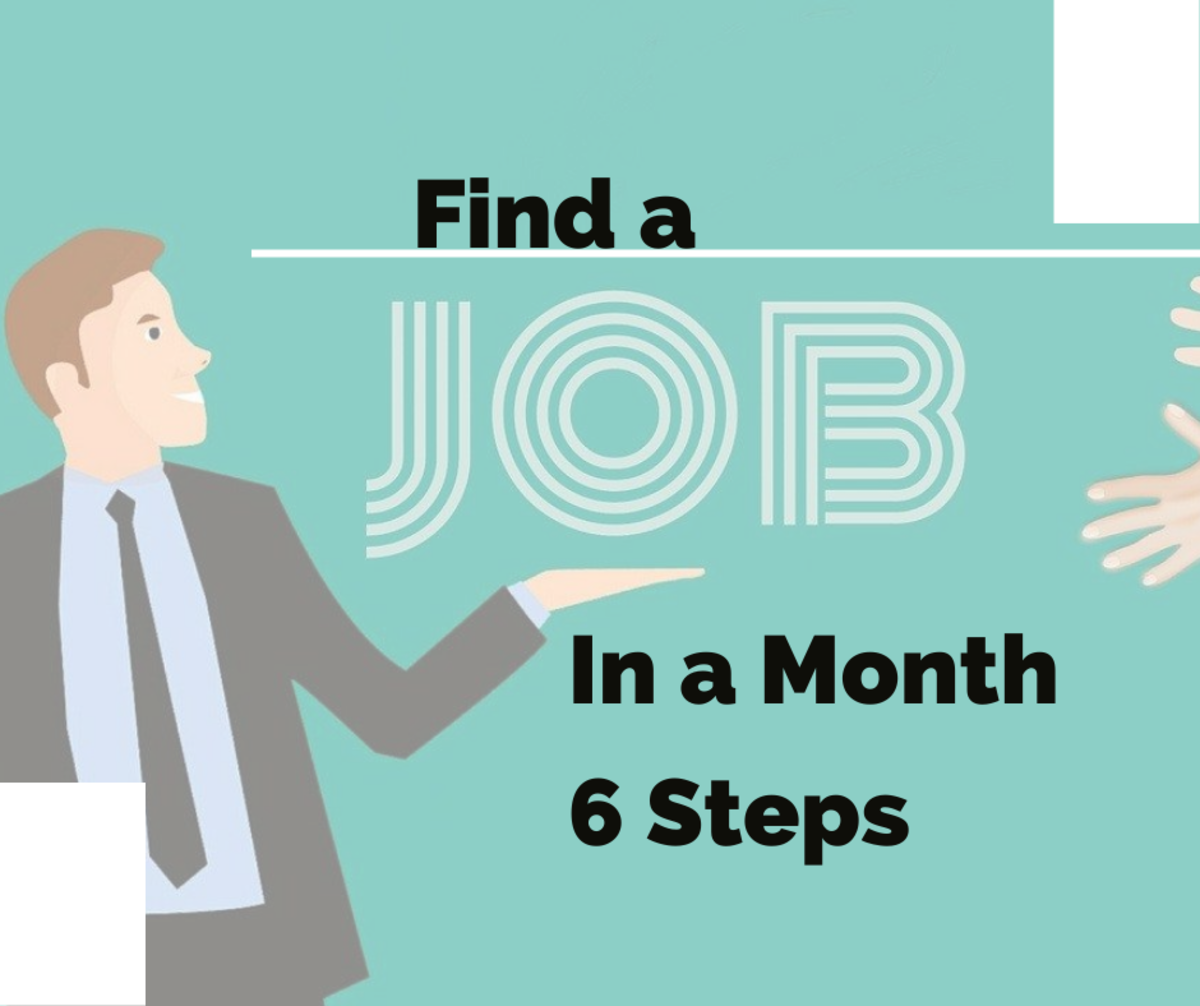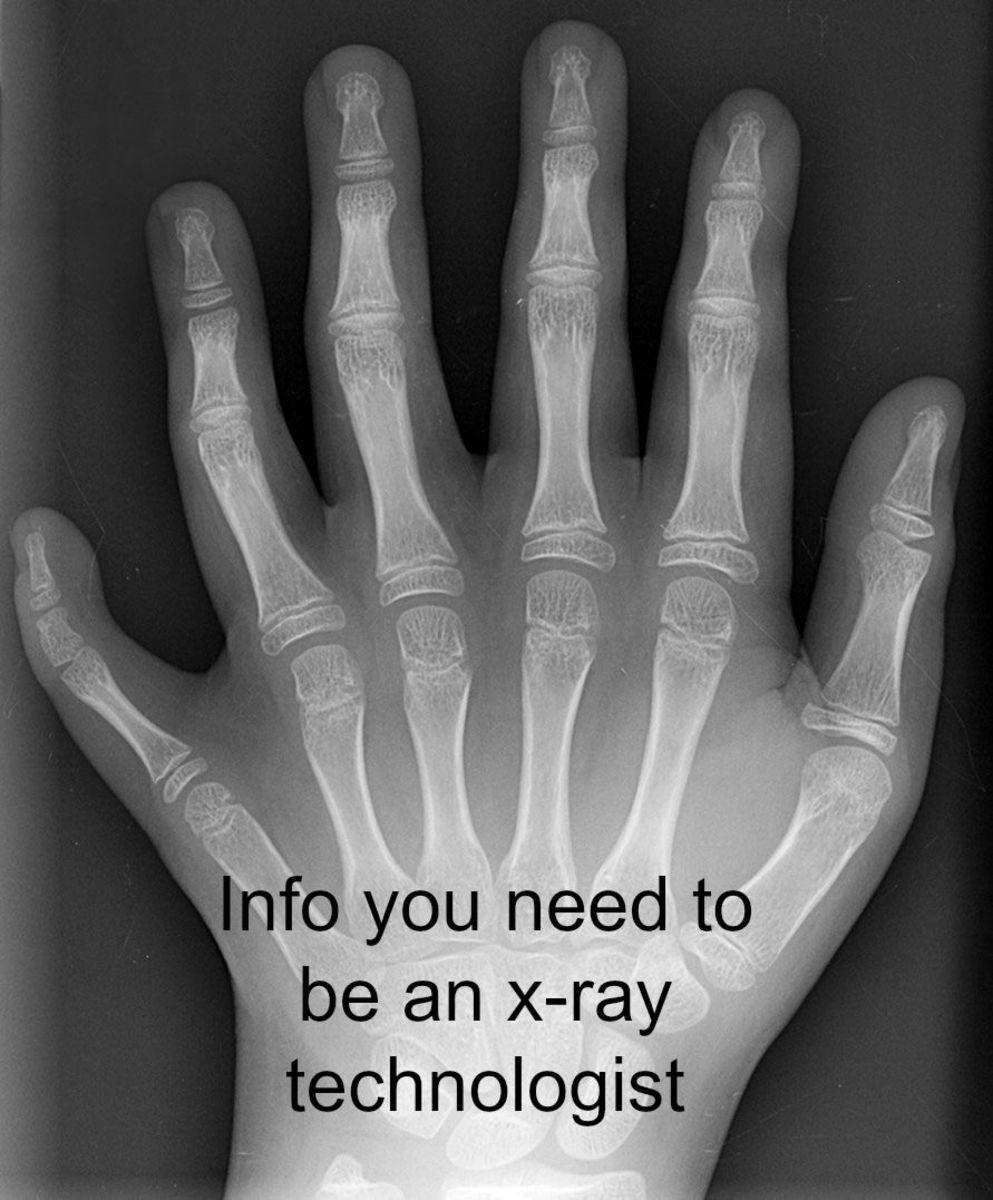The Secrets of a Successful Job Search

Successful job finding strategies
Looking for a new job is usually not easy. Even in prosperous times, it can be stressful to find the right employment but in a recession it can seem like a nightmare. Many employers are laying off workers, others are cutting hours for existing employees, fewer and fewer are taking on staff.
People do find jobs, though. Sometimes, it's just pure luck but according to research in the UK's Guardian newspaper published January 2009 and conducted in the summer of 2008, it seems that some people have more successful strategies than others and it is these that find a new job.

Successful stategies for finding a job
It would seem obvious that the harder you look for work, the more likely you are to be successful. Of course, it's not always that easy. You have to do the right things and you also have to be in a positive frame of mind.
Job seekers, whether facing redundancy or already unemployed, can suffer from depression and get into a fatalistic frame of mind so that they have no hope of success. Unfortunately, this can be a self-fulfilling prophecy. The less hope you have of finding work, the more this will communicate through your resumé and at interviews.
There are seven key factors that were present for successful job seekers, which are:
- A positive, optimistic attitude
- Constant and effective action
- Using contacts
- Contacting companies
- Effective decisions
- Going the extra mile
- Using online resources
Although the research does indicate that a job seeker's attitude and state of mind is important, it's really about making the search for employment a full-time occupation and leaving no stone unturned.
Power Job Search Tips With Google
I think this video is an excellent tutorial about using Google to find suitable job vacancies. See what you think.
It's understandable that job seekers, especially older ones, can allow themselves to become downcast and pessimistic. Older people are especially vulnerable to feeling depressed and hopeless. Many older job hunters feel they have little chance as many employers are looking for younger, less experienced workers, usually because they can pay them lower salaries.
Even so, no matter what your reason for feeling negative about your chances of a successful job hunt, you must maintain a positive attitude. If you don't believe in yourself, why should anybody else, including a prospective employer?
Make sure that your CV (Curriculum Vitae) or resume shows you off to best advantage. Your experience should be presented positively, even it isn't extensive. If this is the case, look at voluntary or leisure activities that could contribute to your experience.
If you get an interview, coming over as a positive person with an optimistic attitude is more likely to impress employers than if you are apologetic or negative. When challenged on some aspect of your experience or employment history, present your case in a positive way. For example, if the interviewer suggests that your experience as an office manager in an advertising agency doesn't equip you for the same position in an accountancy practice. You point out the similarities in the duties regardless of the sector of commerce of the company.
When I was in my 20s, I spent a year working in a London theatre box office selling tickets and doing the back office work involved as did all box office staff at that time. It was terrific fun but long hours and poorly paid. There was no way I wanted to spend my life doing this so I decided to look for another job. Because of the administrative work involved and the attention to detail needed, I found a new job in admin in a London office within a week.
The Guardian survey shows that those with a positive attitude to their job search were over 60% more likely to be successful than those without it.
Guerrilla Marketing for Job Hunters

Books about Job Seeking
The Rules of Unemployment
Job hunters must be constantly on the look-out for ways to promote themselves and to use as many different ways to find a new job as possible. Successful job seekers looked in newspapers, put their resume or CV online, registered with recruitment agencies, and went out of their way to find places to discover job vacancies.
Treat finding a job as a project or full-time employment. Don't lie in bed late in the morning - it could be bad for you psychologically. Instead, be up and ready to check all the available sources for new vacancies and to look for places to put your resume.
Set yourself goals, write lists and keep copies and records of places you have registered your CV or resume as well as companies to which you've applied.
If you are applying for positions, keep going, don't give up because you aren't getting replies, let alone interviews. The wider you cast your net, and the more jobs you apply for, the greater the odds that you will be successful.
If you know somebody else who is looking for a job, or maybe a few people, why not form a 'job club' to encourage each other and help keep each focused and optimistic? Obviously, it might be difficult if you are all looking for exactly the same kind of position, though.
What Does Somebody Have to Do to Get a Job Around Here?


Ten ways to look for a job
There are many ways to find a new job and many places to look. Here are ten of them.
- Look in newspapers or at their websites.
- Look in specialist magazines for your field of employment, again look at their websites particularly as some specialist publications are not readily available.
- Search online job sites.
- Register with employment agencies.
- Look at websites belonging to companies likely to have the kind of job you
want. Some companies, particularly the large ones, post vacancies online.
- Talk to friends and family - they might know of suitable vacancies and you
might hear of one before it is advertised.
- Get friends and family to ask their own friends to let them know if a suitable
position becomes available where they work.
- You could let friends and followers on sites like Facebook and Twitter know
you are job hunting and the kind of position you are looking for. I could
understand that many people won't want to do this - I'm not sure if I would!
- If you are being very methodical in your search and keeping records, you
could write a blog about your job hunting experiences although you probably
should be wary of naming companies or individuals within them. Promote your
blog and your methodical approach to looking for work might impress somebody
enough to for them to contact you for an interview - caution recommended,
of course.
- Send speculative letters and your résumé to companies likely to employ somebody with your
kind of qualifications and experience.
Contacting possible employers
How and Why to do it
When you send your résumé to a company, either in response to an advertisement or as part of your speculative letter writing campaign, make sure that you say in your letter what you could bring to the job or the company and this should properly address what that company needs.
This means you must research the company and get as much information about what they do and how they work as you can.
Check your social network, both online and in the real world, to see if they have any contacts in your target companies who would be prepared to talk to you or at least give you some helpful information about the best approach to take.

Interviews
Prepare for the Interview
Before attending an interview, spend time researching the company so that you are well prepared in answering questions and also have relevant questions to ask. At the end of an interview, when interviewers ask if you have any questions, they are not impressed if all you can ask is about vacations, the next salary increase or bonuses.
Check the address and how you will get there. If you are going by car, is parking easily available. If it isn't, consider asking a friend or relative to drive you there and drop you off so you don't have to worry about the parking. If this isn't possible, you will either have to go by public transport or allow yourself a lot of time to find a parking space. Don't lose your chance of job because you couldn't park your car.
However you decide to travel to your interview, allow plenty of time. Maybe allow enough time to have a coffee somewhere near the company's offices so that you don't arrive all hot and bothered.
Even if you have discovered that the company's code of dress is casual, remember, you haven't got the job yet so choose smart rather than casual for the interview. If you are a woman and wearing pantyhose (tights), take a spare pair just in case.
Be prepared with the names and contact details of people who will give you good references. Don't just have phone numbers or email addresses. Many companies prefer to write formal letters requesting references so you should also have your referees' street addresses. You should already have checked with them that they will give you a reference.
Take any documents that you might need. These might include your driving licence, passport, social security documents, work permit, diplomas. They should be carried neatly in something like a briefcase and in some kind of order so you can quickly produce whichever one they ask for.
At the Interview
When you meet your interviewer(s), your body language should be positive. Be prepared to shake hands, make eye contact and smile. When you are asked questions, don't get flustered. Listen to the questions carefully and make sure you answer what they have asked you. It's so easy to lose track of what is being said and go off on a tangent but it's embarrassing when they have to ask you the same question again.
When you are given an opportunity to ask questions, take it to demonstrate some knowledge of the company. For example, if they have introduced a brand new product or service, you should already have prepared a question or two about it relating to the tasks involved in the job you hope to get. It's surprising how many people don't do this and it might just swing the decision in your favour.
After the Interview
After the interview, write to the person who interviewed you or at least one of them, if it was a panel. Thank them for their time and say that you are very interested in the available position. This is another thing that many people neglect to do.
You will probably have been given some idea of when a decision will be made. When that time has expired, if you haven't heard anything, contact them and ask them, as nicely as possible, if a decision has been made.
If you don't get the job, don't despair. Assess what you can learn from the interview and apply it to future opportunities.
Picture above: Copyright © Open Street Maps - Creative Commons Attribution ShareAlike 2.0 License
Do you have tips that helped you to find the right job? What have been your experiences of job hunting and interviews? Share them here.












